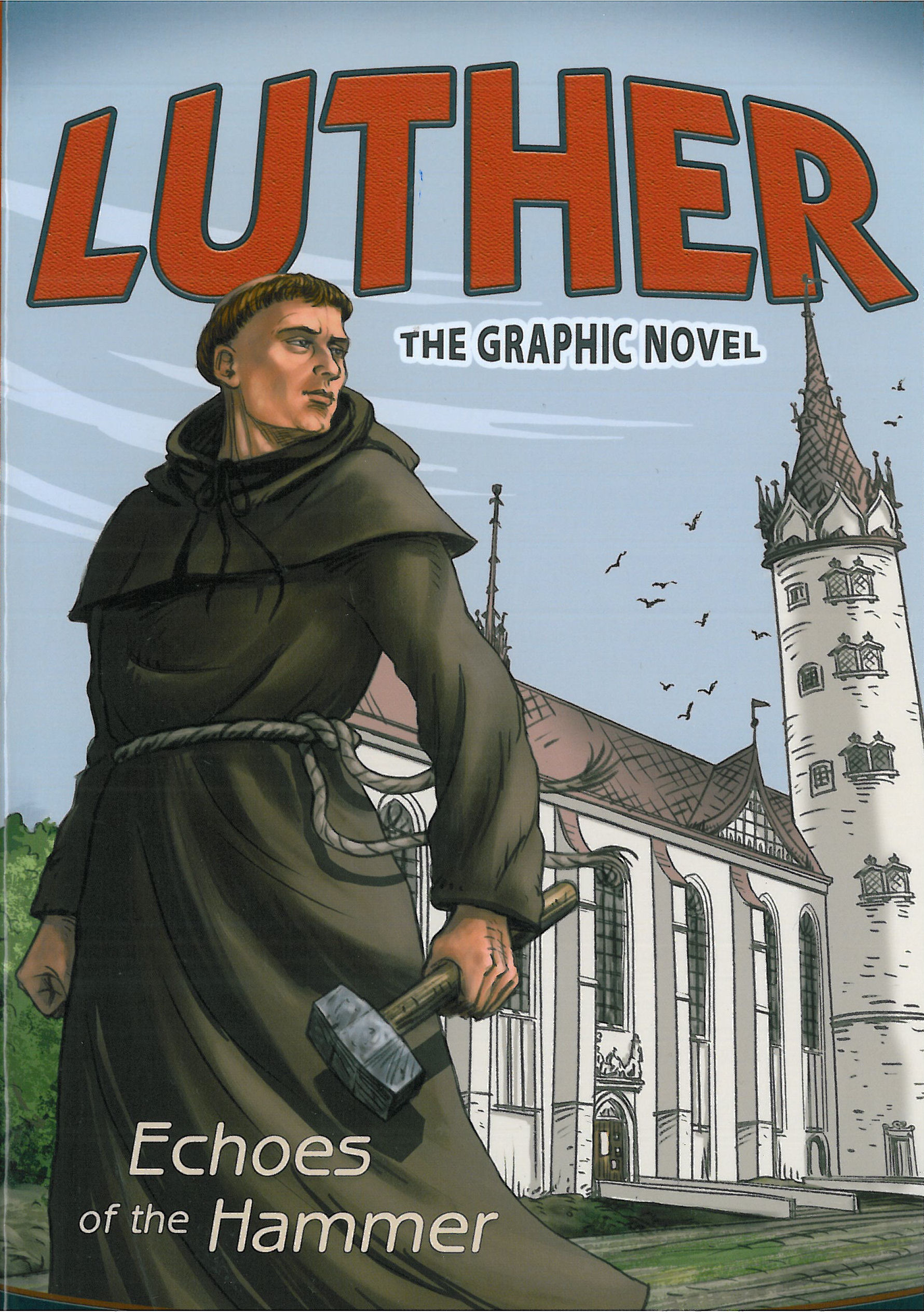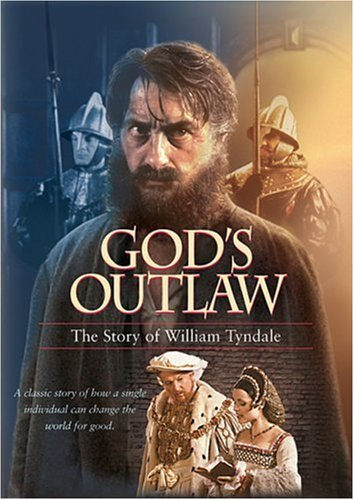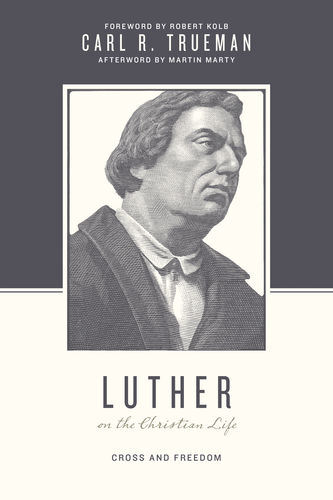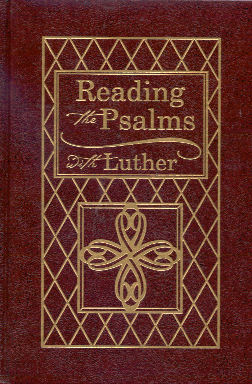To view a list of the resources available to be reviewed, click here.
February 1, 2017
Luther the Graphic Novel: Echoes of the Hammer
Review by Bonnie Handsaker

The opening statement on page 5 of this book is: “This is the story of Martin Luther, a hero of the church”—and that it is. It is a biography of the life and times of Martin Luther from birth to death.
This biography is presented in a high quality graphic novel format, a modern-day version of what I knew as a comic book. It is a quick read of 142 pages divided into 5 sections: Luther’s Early Years, Luther the Heretic, Luther the Outlaw, Martin and Kate, and the Reformation Continues. The book holds your attention through pictures, various font sizes, page presentation, color, conversation bubbles, drawings, and side boxes. Several Luther quotes are included in the work as well. I believe the target audience is youth and young adults, but as a grandmother I thoroughly enjoyed the book from cover to cover.
At the conclusion of the book, there is a world history timeline that helps the reader place the events of Martin Luther’s life in relation to world events of the 1500s. I found this very helpful to me.
This book opens a wonderful avenue for teaching our children about the man whose teachings became the foundation of the Reformation and Lutheranism. I recommend that every church library consider purchasing a copy of this book. I also recommend this book for confirmation students to give them greater understanding of the man behind the Catechism they are studying. With that said, I think many adults would find this an engaging read.
Bonnie Handsaker
AFLC Board of Publications and Parish Education
Radcliffe, IA
Order your copy here: Ambassador Publications Online Store
February 8, 2017
God's Outlaw: The Story of William Tyndale - DVD
Review by Pr. David Johnson

The back of the DVD case begins, “A true story, God’s Outlaw is about international politics, church intrigue, cold-blooded betrayal, and false justice ending in a criminal’s death. But it’s also about victorious faith and spiritual triumph over some of the greatest political and religious forces known in the 16th century.”
In a nutshell, these two sentences could be written about the lives of just about any of the central reformers of the early 16th century. In this case, however, they speak to the determined work of a young William Tyndale—a learned and driven articulate priest who had friends in high and low places alike, at least as far as the Catholic Church of his day was concerned.
Tyndale’s passion for the Word of God drove him far beyond the scholarly cloister of academia into the common streets of London. The more he heard of the teaching and cultural impact of Martin Luther and other early reformers, the more desperate he became to see the same transformation impact his own beloved nation.
But the grip of Catholicism still had a stranglehold on England, and the current King Henry XIII seemed more concerned about his personal problems than the spiritual concerns of his nation. The Catholic Church would not allow the reformation to impact England the way it had already spread through Germany, Switzerland, and other parts of Europe. The Bishops and Catholic Academia would soon deal harshly with anyone preaching or teaching these new protestant doctrines.
But what William Tyndale wished to do was even worse. He wanted to replicate Luther’s linguistic goals, and building on the work of John Wycliffe, produce a Bible in the common language of English. He was driven by a passion to see the transforming Gospel of Jesus Christ made accessible to each and every person in his own land.
“God’s Outlaw” chronicles the difficult and dangerous efforts of Tyndale and his co-reformers. It reveals the obstacles and sacrifices made as God used these faithful men to bring about a reformation that would eventually move across England and beyond.
Pr. David Johnson
Living Faith Lutheran Church and Disciple Lutheran Fellowship
Boyertown, PA
Order your copy here: Ambassador Publications Online Store
February 15, 2017
Luther on the Christian Life: Cross and Freedom
Review by Pr. Jarrod Hylden

Carl R. Trueman has given us a gem with this book because it allows us to sit at Dr. Martin’s feet and learn about the Christian life. This book has eight chapters that summarize Luther’s thought and experience all with a view to the Christian life. I’ll share a few highlights here.
In the first chapters, Trueman unpacks the significance of Luther’s concept of the Word, justification, and being a theologian of the cross for the Christian life. The cross alone is our righteousness. The Word creates us anew. For Luther, the Christian life is never a salvation project but a gift received and lived by the grace of God.
Two emphases in particular struck me in Trueman’s work. One was the liturgical aspect of the Christian life and the other was its simplicity. First the liturgy. The Christian life is fueled by receiving God’s gifts of salvation through Word and Sacrament. This takes place at church through being baptized, hearing the Gospel, and receiving the Lord’s Supper. Any talk of the Christian life apart from this liturgical context is nonsense. This contrasts sharply with popular books on the Christian life today which focus on having personal devotions, accountability partners, and small groups. These things may have their place, but they didn’t enter Luther’s mind. For him, to live the Christian life was to hear the Gospel and receive the Sacrament. Faith is born and strengthened through the means of grace, and such faith brings with it the fruit of the Spirit. The Christian life is the liturgical life.
The other emphasis that struck me was the simplicity of the Christian life. Trueman writes, “The basics of the Christian life were routine and ordinary: learning the Decalogue, the Apostles’ Creed, and the Lord’s Prayer . . . We may live in an age when everything has to be ‘radical’ and ‘revolutionary.’ For Luther the most radical thing one could do was to learn the basics of the faith with the simple trust of a little child.” This is reflected in Luther’s Small Catechism. Learn the basic tenets of the faith. Recite them, pray through them, and by God’s grace, believe them and live according to them. I found this approach to the Christian life refreshingly simple.
Trueman brings out many other aspects of Luther’s thought, such as the role of meditation, prayer, and temptation in the Christian life and the crucial understanding of vocation. This wonderful book has enriched my understanding of what it means to live each day as a child of God by grace through faith.
Pr. Jarrod Hylden
Skrefsrud Lutheran Church
Beresford, SD
Order your copy here: Ambassador Publications Online Store
February 22, 2017
Reading the Psalms with Luther
Review by Dr. Phil Haugen

Reading the Psalms with Luther (published by Concordia Publishing House, 2007) serves as a simple but excellent daily devotional book for meditation on the Psalms. The book consists of brief meditations on all 150 psalms. Each meditation in the book is followed by the text of the Psalm drawn from the English Standard Version. The text of the Psalm is then followed by a brief prayer. Each Psalm is pointed, so if desired the reader may sing/chant the Psalm using Psalm tones provided on page 13 of the book. The structure of the book lends itself beautifully for use as a daily devotional.
In his treatment of the Psalms, Luther categorizes the Psalms in a “five-fold” fashion (p.14). Luther suggests some of the Psalms are Psalms of prophesy, some are Psalms of instruction, some are Psalms of comfort, some Psalms of prayer, and some Psalms of thanks. Luther suggests none of the Psalms neatly fit into one or another category, but he does want the reader to “understand that the Psalter deals with these five topics. The classifications are a help, so that we might more easily understand the Psalter” (p.15).
In the meditations for the first 31 Psalms, Luther relates each Psalm to one or two of the 10 commandments and to one or two of the petitions of the Lord’s Prayer. He demonstrates how the Psalm belongs to each of these commandments or petitions. Beginning with Psalm 32, Luther ceases relating the Psalms to the commandments or the petitions. He explains that enough examples have been given “from which it may be easily determined where each of the following psalms belong” (p.77). So from Psalm 32 to Psalm 150, Luther leaves to the reader to determine which commandment and which petition is represented by that particular Psalm.
The longer Psalms are divided by Luther into shorter parts for reading and meditation, each shorter part followed by a brief prayer. For example, Psalm 78 is divided into three segments and can be used on three separate occasions as a devotional reading. Psalm 118 has two segments; Psalm 119 is divided into eleven segments for use at eleven different times. By keeping the readings brief and the meditations simple, the book is well arranged to encourage the reader to be faithful in regular meditation and reading and prayer. This is a wonderfully practical book for personal devotions.
Dr. Phil Haugen
AFLBS/TS Professor of New Testament
Plymouth, MN
Order your copy here: Ambassador Publications Online Store
